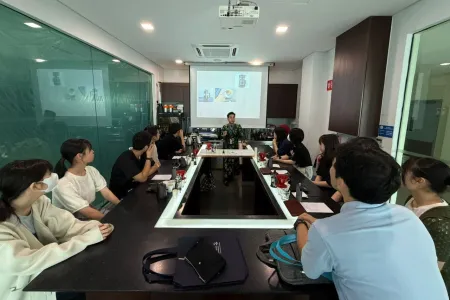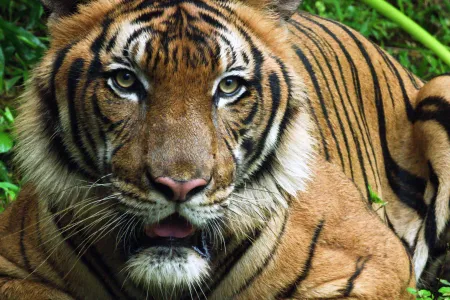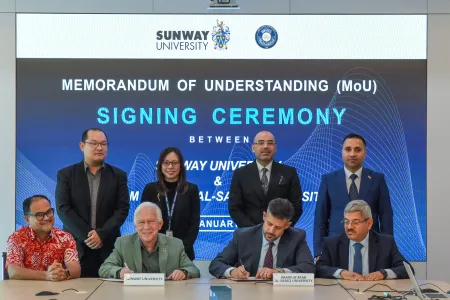Tourism in a World of Disorder: A Return to the Vanua and Kinship with Nature
At a recent School of Hospitality and Service Management research seminar, Dr Apisalome Movono, Senior Lecturer at the Institute of Development Studies, Massey University (New Zealand) presented on “Tourism in a World of Disorder: A Return to the Vanua and Kinship with Nature”.
Dr Movono’s research work draws on postmodernist techniques seeking to improve our understanding of resilience, sustainable livelihoods, climate change and tourism development in the Pacific islands. At this presentation, Dr Movono discusses indigenous Fijian responses to tourism and highlights how such systems increase resilience and sustain communities despite the many challenges faced due to travel volatilities and the pandemic.
Most of the Small Island Developing States (SIDS) are heavily dependent on tourism. This has virtually collapsed due to border closures and travel restrictions brought about by the COVID-19 pandemic. With a major income contributor being cut-off, the SIDS, like many other countries, experience economic and social impacts. Dr Movono also said that although financial wellbeing has declined significantly, it was noted that mental wellbeing may have shown signs of improvement. Job losses have somehow driven the working class to shift back to customary lands to resume traditional communal livelihoods. In addition, Dr Movono also mentioned that numerous individuals have “re-learn” the skills required for subsistence agriculture and fishery. In certain instances, individuals and communities forgo the use of cash, and have revived the barter system.
As the tourism industry shifts into a “reset” mode, tourism-reliant communities usher in “renewed approaches”. Dr Movono pointed out that many tourism workers have indicated a desire for better employment terms, wages and working conditions. Whereas, others prefer to develop locally-owned businesses for niche markets which leverage on the cultural strength and environment beauty of the SIDS. There is also a small group of individuals who may prefer the tourism industry to “take a break”, particularly in areas where over tourism was prevalent. Ultimately, this presentation asserts that a return to the status quo (post-pandemic) must be done so in a manner that considers indigenous affinity with nature as a cornerstone for building resilience in a world of increasing uncertainty and disorder.





